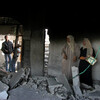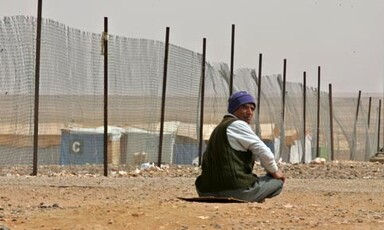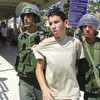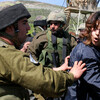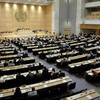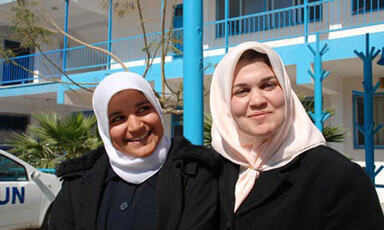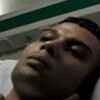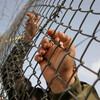
Report: The continued closure of Rafah Crossing Point
12 March 2007
In its continued occupation of Gaza, the Israeli government and armed forces have repeatedly and routinely violated both international humanitarian law and the non-derogable human rights of the 1.4 million residents of Gaza. The almost continued closure of Rafah Crossing Point is one of the most insidious examples of this, and, as one of the biggest disappointments following the ‘disengagement’. Israel has consistently shown that the opening of Rafah Crossing Point relies wholly on its own whims. Read more about Report: The continued closure of Rafah Crossing Point
